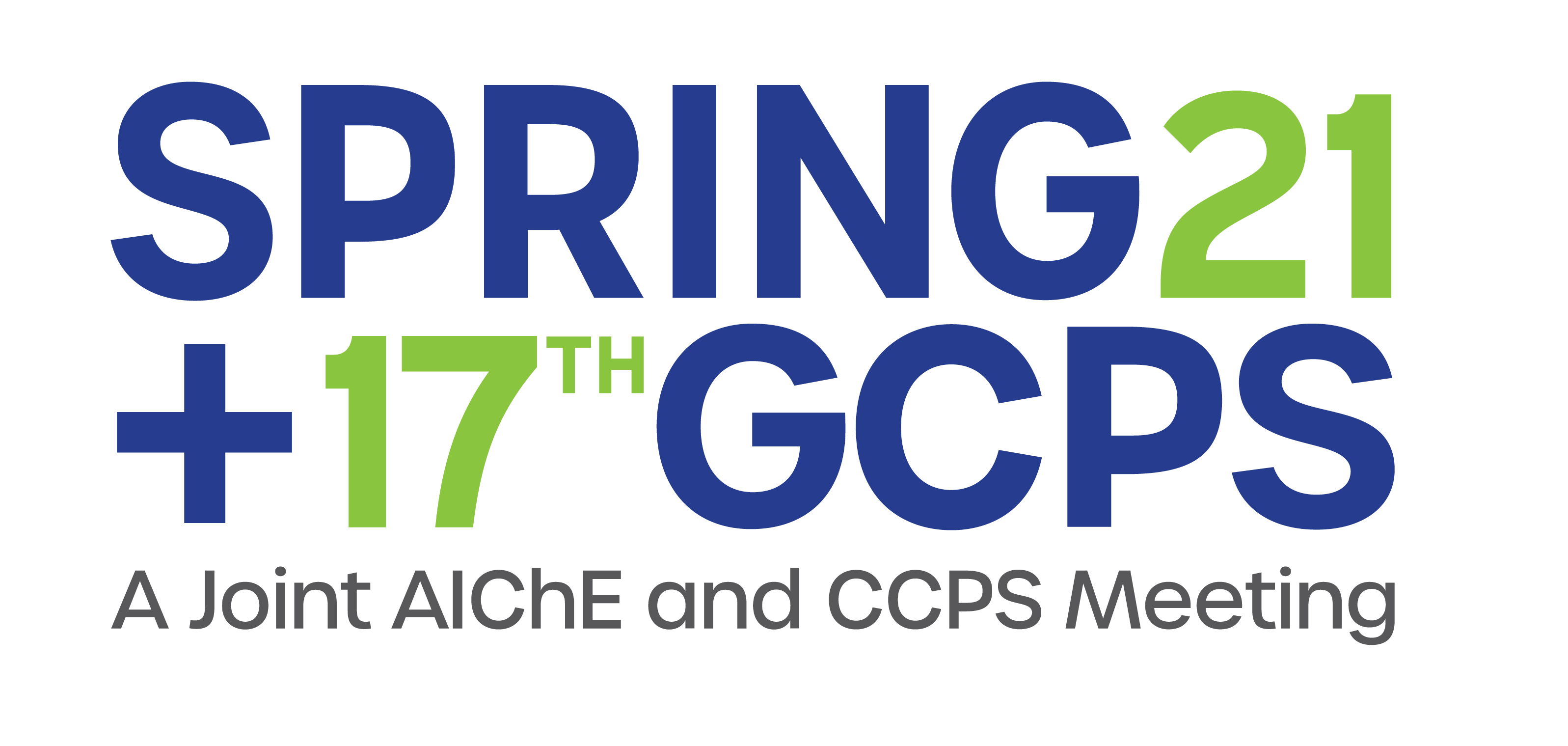

The purpose of this research was to test the ability of biochars made from local biomass wastes to adsorb NDMA from water at treatment-relevant concentrations. The adsorption kinetics of biochars produced from pecan shells and local forestry residues were tested and compared with a commercially available coconut shell-derived activated carbon. Further testing of the commercially available carbon was conducted in a lab-scale column for adsorption of NDMA to be used as a basis for future work.
Calgon coconut shell carbon (CSC) provided the fastest and highest capacity for NDMA adsorption; synthesized pine bark char adsorbed more NDMA by the end of the kinetics study than the commercial pecan shell char; and synthesized pecan shell char was the worst performing char. Intraparticle diffusion was negligible for CSC but controlled a noticeable segment of adsorption for the other carbons. Column breakthrough trends did not follow expected patterns: breakthrough occurred much more rapidly than models indicated, and faster flowrates resulted in slower breakthrough and more apparent adsorption.
